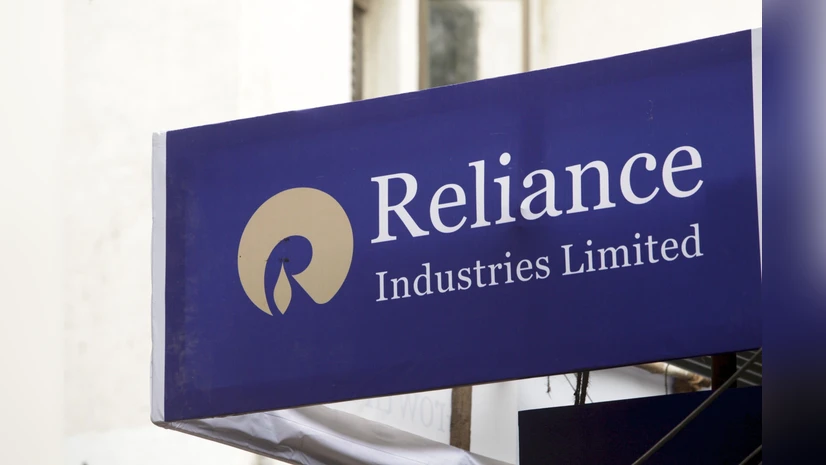 Image Source: Business Standard
Image Source: Business Standard
Billionaire Mukesh Ambani’s Reliance Industries has successfully raised approximately $2.4 billion (about ₹210 billion) through an asset-backed securities (ABS) issuance, marking one of the largest such transactions in India in 2025. The fundraising effort underscores Reliance’s innovative approach to capital markets, leveraging structured finance to bolster liquidity and fuel ongoing business expansion across its diverse operations.
Key Highlights:
The $2.4 billion (₹210 billion) ABS deal is structured through a trust and backed by a pool of loans emanating from Reliance’s infrastructure and telecommunications divisions. The securities carry maturities ranging from three to five years, appealing to medium-term investors.
Country’s top asset managers including Aditya Birla Sun Life AMC, HDFC AMC, ICICI Prudential AMC, Nippon Life India AMC, and SBI Funds Management have acquired around 75% of the issuance, indicating strong investor confidence and broad participation.
Barclays Plc acts as the sole arranger and structurer of the deal, adding international banking expertise and credibility to the transaction.
This deal follows an upsizing from an initial target of ₹180 billion to ₹210 billion driven by robust investor demand, highlighting Reliance’s strong credit profile and market appeal.
The notes offer a coupon rate near 7.75%, with most securities expected to be absorbed by a handful of large institutional investors including ICICI Prudential Mutual Fund (approximate ₹60 billion commitment), SBI Mutual Fund, and HDFC Mutual Fund.
The issuance provides Reliance with liquidity while avoiding traditional debt increase, effectively monetizing already existing receivables without creating new debt obligations.
Set against a backdrop of India’s securitisation market projected to exceed ₹2.5 trillion by March 2026, Reliance’s ABS transaction deepens this rapidly growing segment and establishes new benchmarks for structured financing in the country.
The move complements Reliance’s broader capital raising strategy, which recently includes yen-denominated loans from Japanese banks and sizeable offshore borrowings to diversify funding sources and manage financial flexibility amidst evolving global economic conditions.
Market Impact and Strategic Significance:
This ABS deal reflects Reliance’s sophisticated financial engineering capability and proactive approach to capital optimization. Unlocking liquidity from business loan assets allows the conglomerate to invest in strategic growth areas such as digital services, retail, and energy transition projects without compromising its credit metrics.
Investor participation from premier asset managers and a strong coupon appetite testify to Reliance’s solid creditworthiness, rated above India’s sovereign rating by international agencies. The transaction also signals growing maturity of the Indian securitisation ecosystem, which has traditionally been small but is witnessing expanding volumes and increased corporate participation.
For the broader market, Reliance’s pioneering ABS deal sets a precedent for large Indian corporates to adopt structured financing channels, expanding the investor base and deepening debt capital markets.
In conclusion, Reliance Industries’ successful $2.4 billion asset-backed securities issue is a landmark event affirming its leadership not only in industrial sectors but also in innovative capital market strategies. This transaction enhances liquidity, supports the company’s expansive investment plans, and showcases the increasing sophistication of India’s financial infrastructure.
Sources: Bloomberg News, Economic Times, Moneycontrol, Reuters, Angel One (September 15, 2025)
Advertisement
Advertisement







